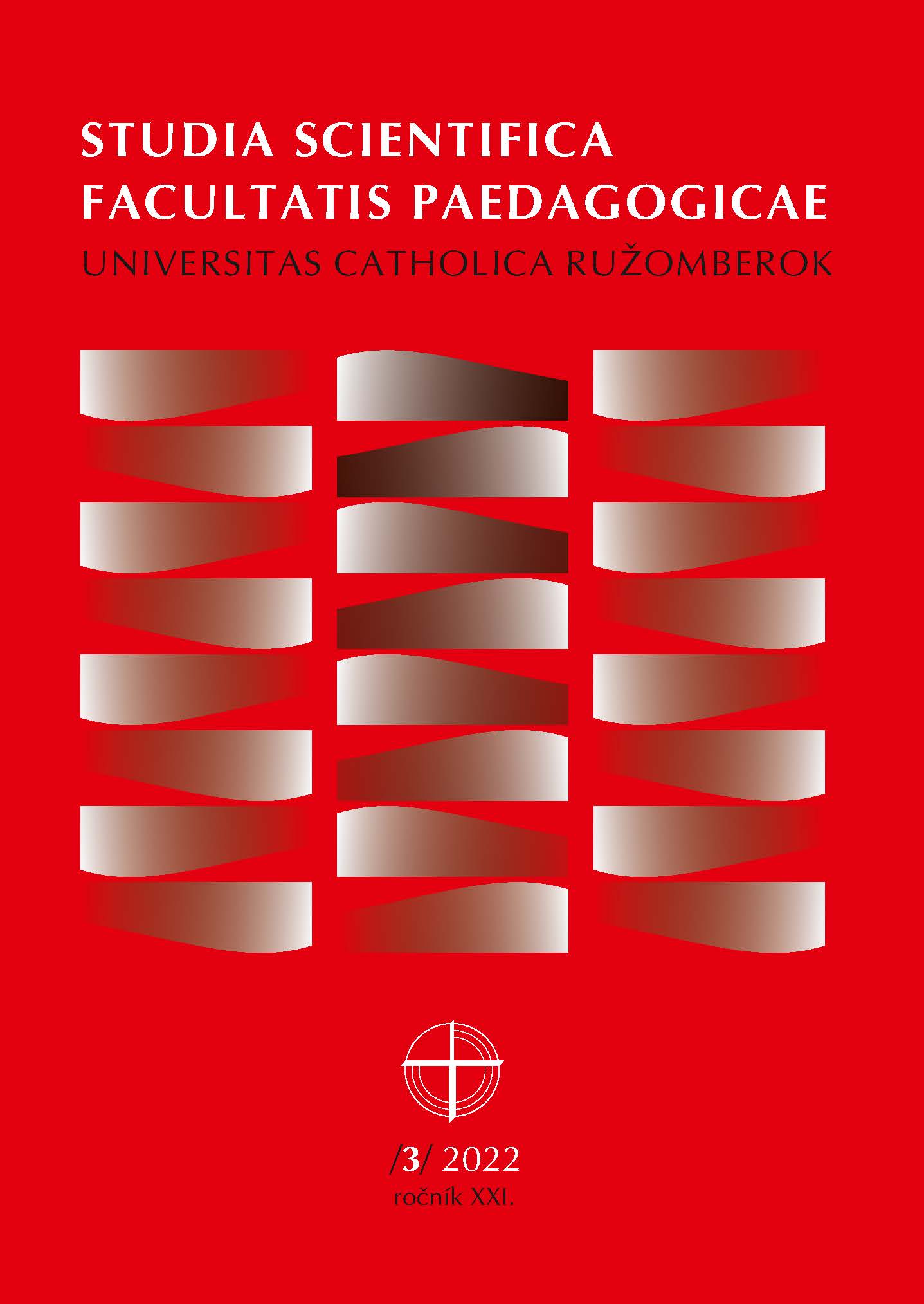Úloha vzdelávania žien s nadmernou konzumáciou alkoholu a ich skutočný ozdravný proces v kontexte rozvoja ich sociálneho kapitálu
The Role of Education of Women with Excessive Alcohol Consumption and their Genuine Recovery Process in the Context of Developing their Social Capital
Author(s): Markéta Rusnáková, Angela Almašiová, Tomáš PoláčekSubject(s): Social Sciences, Education, Psychology, Sociology, Applied Sociology
Published by: VERBUM - vydavateľstvo Katolíckej univerzity v Ružomberku
Keywords: Recovery process; Alcohol; Alcohol addiction; Social support; Self-management
Summary/Abstract: Huge numbers of women who are struggling with the excessive alcohol consumption have never looked for the professional help. The part of these women go through the natural process of recovery and they are able to abstain even without the professional help. One of the greatest challenges facing people in recovery from substance addiction is making and sustaining new friendships that are outside of the supportive recovery networks. Engaging with adult education can create opportunities to meet new people and establish new friendships. According to the authors, these personal attributes i.e. good education, sustained employment, and membership in a professional society along with the environmental and contextual conditions i.e. fear of disclosure and the capacity to build renewed structure in their lives, draw on non-using supportive networks and draw space between themselves and the ‘drug world’ constituted a set of formidable resources. According to Cloud and Granfield ‘such attributes and conditions can be seen as resources, or forms of capital, that increase an individual’s capacity to recover. We refer to the aggregate of such capital as ‘’recovery capital’’. The aim of this research is to find out the important fields that are significant for the recovery process of the women overusing alcohol. The research has been realized in qualitative design. The case study has been chosen as a research strategy. To collect data, the method of semi-structured interview has been used and we initiated the interviews using the life curve technique. To compare the study sample, the measure of addiciton of individual participants has been detected retrospectively via the AUDIT testing. The narrative analysis has been used in the phase of data processing and assessment. There have been identified 5 thematic areas through the interview analysis that are related to the recovery process: support of the social environment, personal participaton in the recovery, the change of the state of health, professional treatment and the activity. Each thematic area contains another subthemes. The aim of the research has been fulfilled.
Journal: Studia Scientifica Facultatis Paedagogicae Universitas Catholica Ružomberok
- Issue Year: XXI/2022
- Issue No: 3
- Page Range: 165-181
- Page Count: 17
- Language: English

